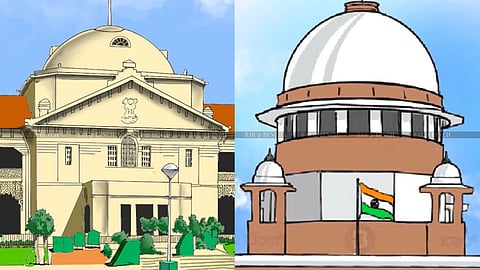The Supreme Court on Tuesday ordered implementation of Allahabad High Court’s 2022 guidelines that restrain police authorities from taking any action, including arrest, during a “cooling-period” of two months in matrimonial cruelty cases [Shivangi Bansal versus Sahib Bansal].

